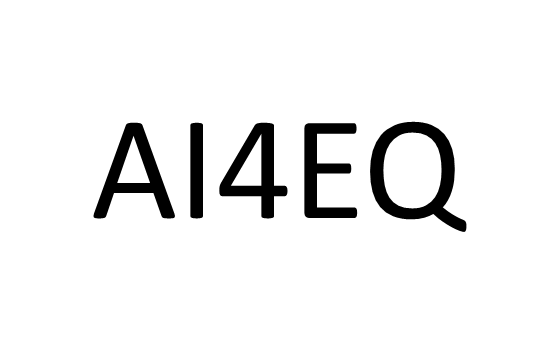Conclusions
The guidelines of the European Commission’s White Paper advocate individual commitment and self-regulation considering that regulatory intervention considering that regulatory intervention could limit potential innovative capacity; in addition, they advocate the assumption of responsibilities based on the design of the algorithms but not on the social effects and impact of their use; finally, they are in favour of accountability with respect to a series of commitments on technological principles (e.g., transparency) but not on the preservation of values (e.g., equity). All this assumes an AI conceptual framework that is reductionist. The danger is that, by using notions of regulation, self-regulation and ethics in an imprecise and interchangeable way, we are closing the way to the possibility of true spaces in which to define a common standpoint. AI is a technology with a strong transformative potential; it is an opportunity for greater European cohesion if it is view from the perspective of promoting the common good of the peoples of Europe. Moreover, the potential of AI is greater the larger the scale of application.
The White Paper reduces AI to an instrument of a commercial nature. Responsibility is restricted to the protection of the individual rights of the client or consumer. It has been demonstrated that the value of data and of AI transcends the concept of technological service and therefore requires mechanisms to ensure proper management of this value.
To use an analogy given in the Zaragoza declaration, AI has the dimension of a social technology, so the control that is needed over its development and deployment is not simply the quality control of individual products like, say, the quality control of a car. Since its impact is not limited to individual users, the required control is that exercised over infrastructure developments like, say, the planning of the construction of a new bridge. “The design criteria (territorial cohesion, care for environment) are not centred on guaranteeing a specific right to a few individuals but to the mobility within a community.” The impact of AI will change society, for which reason AI policy and regulation demands collective debate. Moreover, this debate must be multidisciplinary since, on their own, technologists cannot find the solution to many of the problems that arise with the use of AI. We will need to integrate critical and constructive action to design a society empowered by AI and that satisfies our idea of a society in which we would wish to live.

